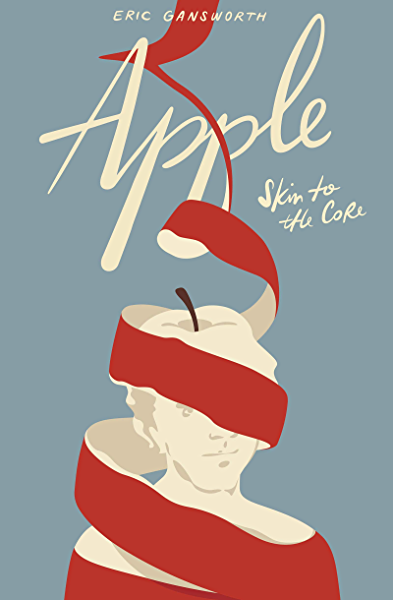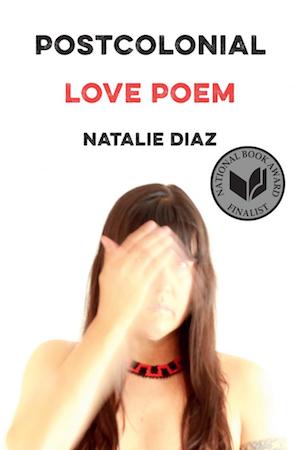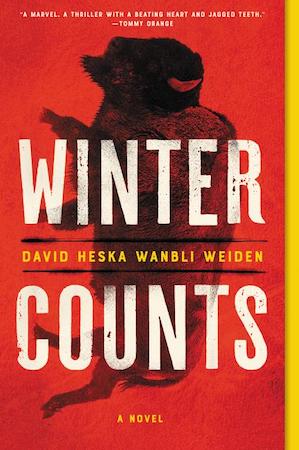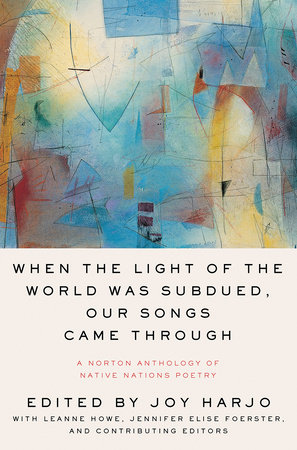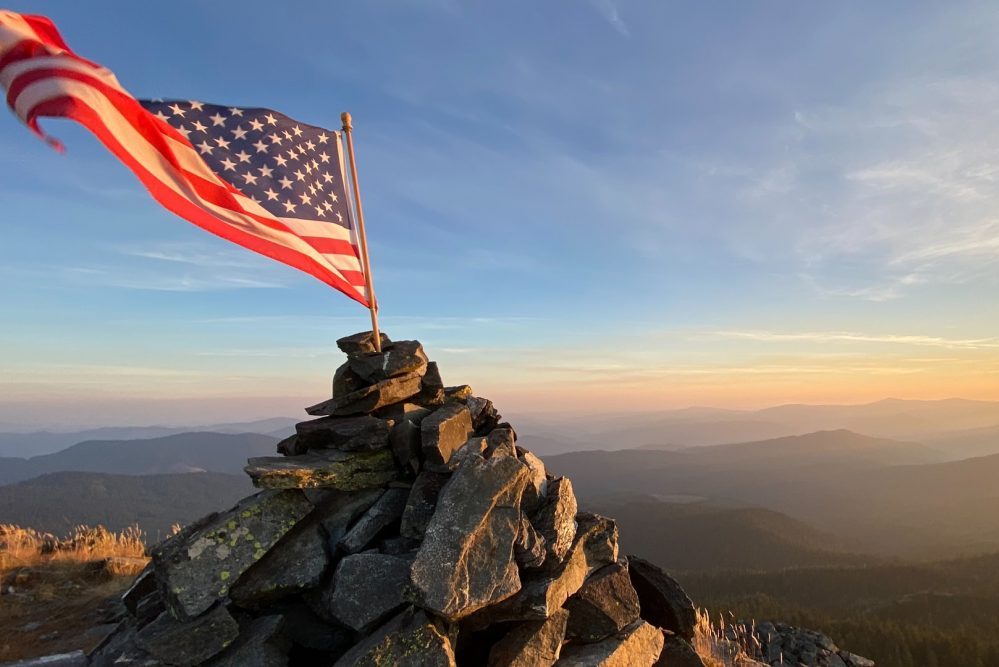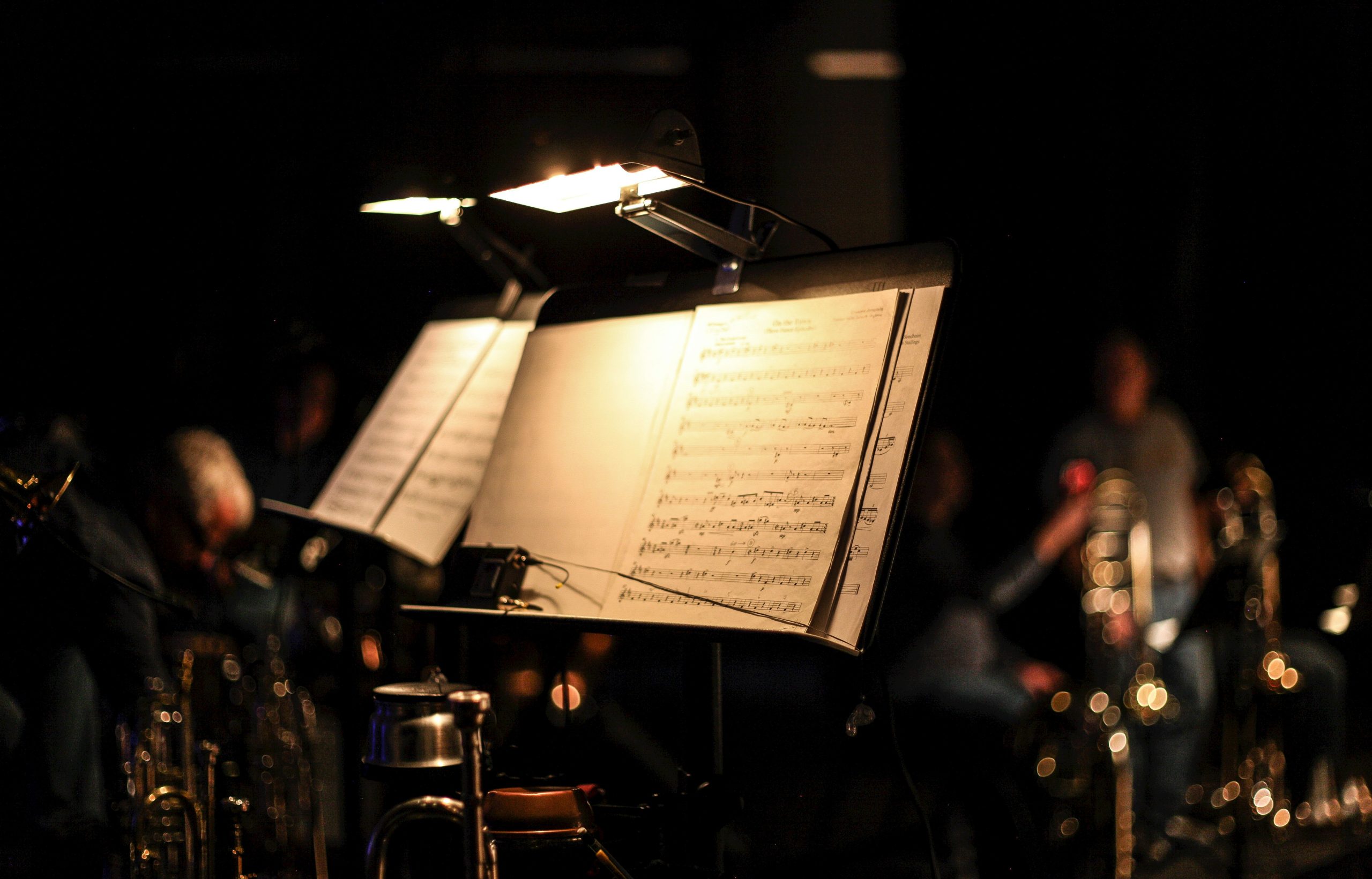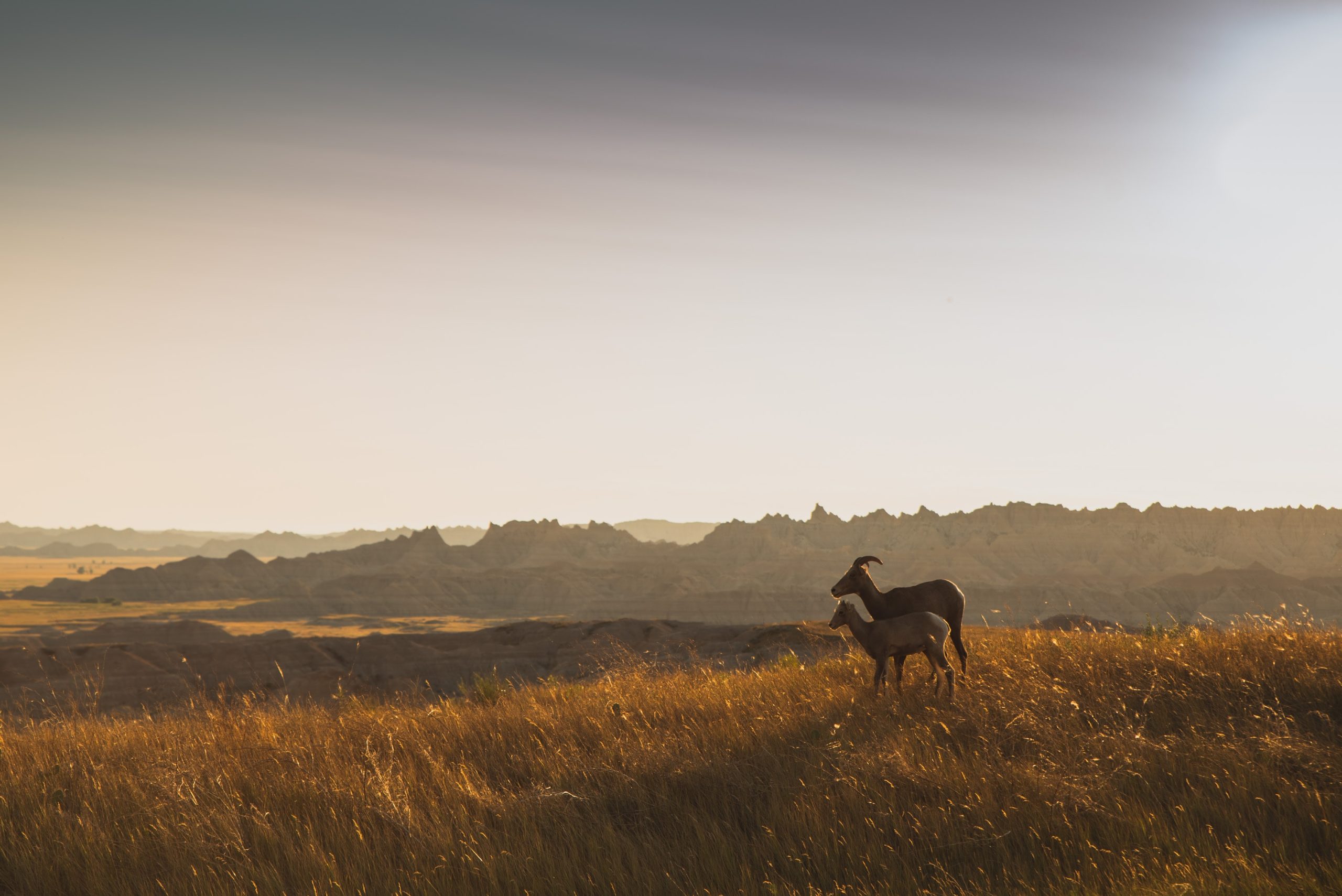Reading Lists
11 New Books by Native American Writers
Poetry, memoirs, and novels by and about Indigenous writers

This year has been a dumpster fire and we mean that literally. But the shining bright spot in the literary world is an abundance of great new books by Indigenous writers being published in 2020.
Since it’s National Native American Heritage Month, we’re focusing on books coming out of the U.S. But it’s also worth noting some new titles by either and or about Indigenous people from other parts of North America: A History of My Brief Body by Billy-Ray Belcourt (a memoir about being a queer First Nations poet in Canada), Empire of Wild by Cherie Dimaline (a novel where a Metis woman faces off against a werewolf trickster), and Spirit Run by Noe Alvarez (Alvarez, the son of working-class Mexican immigrants, runs in a 6,000-mile Native American/First Nations-organized marathon from Canada to Guatemala through North America’s stolen land).
From a supernatural thriller about being haunted by an elk-head woman to poetry steeped in folklore about climate change, here are 11 new works of literature by Native American writers:
The Only Good Indians by Stephen Graham Jones
Four Native American friends hunt for elk on the Blackfeet reservation in Montana, only to stalked by the spirit of the elk they killed years later. Part blood-soaked horror novel and part adroit social commentary, The Only Good Indians is a sharp reimagining of “The Indian Curse” in American mythology. Read an essay by Stephen Graham Jones on how being Indian is not a superpower here.
Apple: (Skin to the Core) by Eric Gansworth
If you’re a BIPOC, you’re probably familiar with slurs that use food as a not-very-inventive metaphor for being white inside, hence “apple”—red on the outside, etc. National Book Award nominee Apple: (Skin to the Core) is an art-filled memoir told in verse and prose about Eric Gansworth’s boyhood as an Onondaga tribal member on a Tuscarora reservation, his grandparents’ history in an assimilationist residential boarding school, and his adulthood as a gay man off the reservation.
Little Big Bully by Heid E. Erdrich

Minneapolis-based writer Erdrich’s poetry collection is laced with dark humor and shines with incisive wit. Her poems range from a bitingly scornful takedown of the fetishization of Indigenous identity through genetic testing kits to a heart-wrenchingly vulnerable “how-to” (How to not be afraid you can say it / I am not afraid to learn / How to live with the hurt of being human / How you learn it is you say / it hurts / How in itself it is the lesson).
The Night Watchman by Louise Erdrich
Louise Erdrich’s grandfather (and Heid’s—they’re sisters) was the tribal chairman of the Turtle Mountain Band of Chippewa in North Dakota and a night watchman. In 1954, he wrote letter after letter after letter appealing the lawmakers in D.C. to stop the Indian termination policy which would have destroyed tribal sovereignty. In her historical fiction novel, Louise Erdrich reimagines her grandfather’s battle for survival.
Postcolonial Love Poem by Natalie Diaz
“An anthem of desire against erasure,” Postcolonial Love Poem is a mythological tribute to queer love and to the strength and survival of Native people in America in the face of systematic violence. In her interview with Electric Lit, Diaz writes: “The American dream has always been in shambles, in pieces for my family, my community, and me. We never dreamed it. America never meant for us to dream it.”
This Town Sleeps by Dennis E Staples
Twentysomething Marion Lafournier is a gay man living on an Ojibwe reservation located in the small town of Geshig, Minnesota. After a failed stint in the Twin Cities, he feels stunted by small-town life where there’s not much to do except prowl for hookups on dating apps. Life is about to get much more exciting and sinister for Marion after he takes a spin on a kid’s merry-go-round and inadvertently resurrects a dead dog who might or might not be the ghost of a murdered teenage athlete.
Winter Counts by David Heska Wanbli Weiden
A whodunit set on the Lakota Rosebud reservation in South Dakota, Winter Counts follows Virgil Wounded Horse—a vigilante and enforcer-for-hire—who steps in to dispense justice on the rez when the federal authorities inevitably fail to do so.
Words like Thunder: New and Used Anishinaabe Prayers by Lois Beardslee
I don’t recall any old songs about disappearing with the river silt,
So, forgive me if I sing about my family
Across wide-open waters, from between heavy spruce boughs.
I remember crying at sunrise with the last caribou.
In her heartbreakingly beautiful poems about climate change, racism, systemic inequality, and generational poverty, Ojibwe author Lois Beardslee juxtaposes traditional folklore with the contemporary lives of Native Americans in the Great Lakes.
Earth Keeper: Reflections on the American Land by N. Scott Momaday
Pulitzer Prize winner N. Scott Momaday’s Earth Keeper is at once a spiritual love letter to the sacredness of the earth and a stark warning of how man-made climate change has ravaged our land. Momaday, a Kiowa tribe member who was raised on Southwest reservations, writes movingly: “When I think about my life and the lives of my ancestors, I am inevitably led to the conviction that I, and they, belong to the American land. This is a declaration of belonging. And it is an offering to the earth.”
Crooked Hallelujah by Kelli Jo Ford
A multigenerational novel in stories that spans decades, Crooked Hallelujah follows four generations of Native women in the Cherokee Nation of Oklahoma and Texas as they become disillusioned with the increasingly hollow promises of love by bad men and of salvation by the Pentecostal church—promises that oppress these women and keep them shackled to deadening poverty. Despite wildfires, tornadoes, violence, and illness, these women preserve in their resilience and fortitude, anchored by their maternal bond. In his interview with Kelli Jo Ford, Alexander Sammartino writes: “Praise be to Crooked Hallelujah, where family is the source of both exile and salvation.” Read an excerpt from the novel here.
When the Light of the World Was Subdued, Our Songs Came Through: A Norton Anthology of Native Nations Poetry edited by Joy Harjo
We begin with the land. We emerge from the earth of our mother and our bodies will be returned to earth. We are the land. We cannot own it, no matter any proclamation by paper state. The anthology then is a way to pass on the poetry that has emerged from rich traditions of the very diverse cultures of indigenous peoples from these indigenous lands.
Joy Harjo
Edited by United States Poet Laureate Joy Harjo, this impressive anthology brings together 160 poets from 600 Native tribes in the United States.





